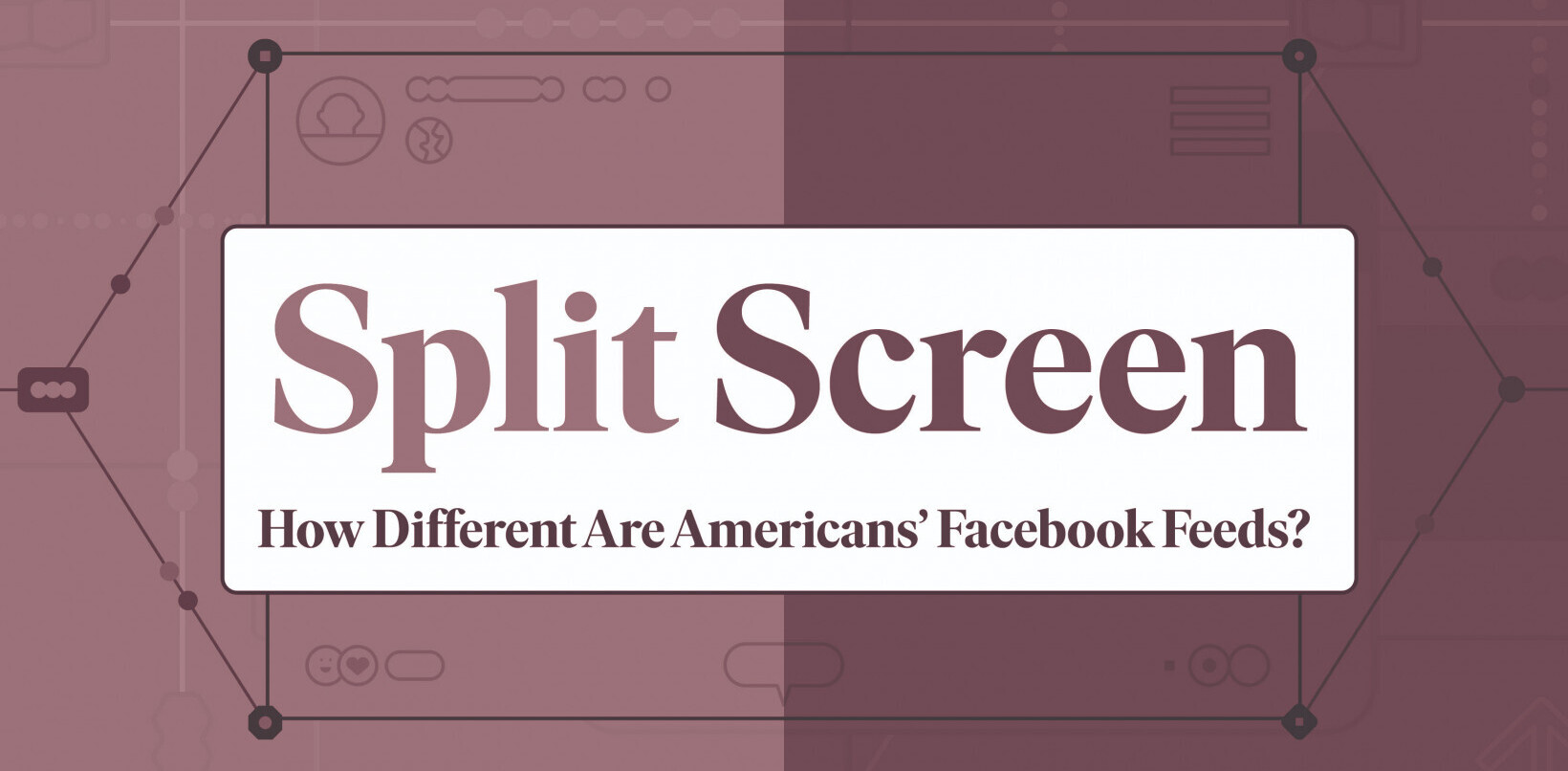
On Thursday, Facebook announced that it is evolving its mobile platform in order to help make it easier for developers to create better social applications. The company shared that it was releasing three products for the mobile environment, including a new Facebook SDK for iOS, the addition of Open Graph, and an improved Login feature. Not only that, but Facebook also created a new partner program.
Shared at its Mobile Developer Conference, Facebook has a reason to invest more in the mobile space — besides trying to be a mobile-first company, I mean. According to the social networking company, more than 81 percent of the top 100 grossing iOS apps and 70 percent of the top 100 Android apps are integrated with Facebook. And let’s not forget that Facebook also has more than 680 million mobile users, more than those that currently use the service from their desktop.
Bringing Open Graph to mobile
With this update, Facebook is bringing the Open Graph to mobile devices, making it easier for developers to help stories be told. Facebook says that there are two main parts of this release: the Object API and native sharing dialog.
Using the Object API, it is believed that it will help to streamline getting Open Graph integrated into mobile apps. Facebook claims that this API will allow developers to create Open Graph objects and no longer be required to how webpages using an Open Graph tag. What makes this quite interesting is that this API is available for both mobile and Web apps.
To help developers better engage with object data (targets for actions taken by users on an application) they’re publishing, Facebook also has rolled out an Object Browser. Developers could think about this as a visual dashboard.
 Facebook also says that it has also introduced an object privacy model that will allow certain categories of apps to better use the Open Graph.
Facebook also says that it has also introduced an object privacy model that will allow certain categories of apps to better use the Open Graph.
Along with the Object API, the company is also bringing in a native Share Dialog in what it hopes will “signficantly improve people’s sharing experiences” right from a native mobile app. Through this addition, users can share their activity quickly and easily through a developer’s application without needing to first log into Facebook.
This Share Dialog will be available starting today for iOS apps, but in limited beta. An Android version is being worked on.
Improved login experience
One of the quirks about Facebook is that people are always worried about what permissions apps have with their Facebook data. Today, the company is introducing a new mobile login dialog that it says will give people greater clarity and control over app access.
 The new dialog utilizes a more user-friendly model that will publish permissions to an optional dialog. Facebook claims that this has resulted in a 5 percent increase in mobile conversions. Because of this success, apps are now required to request data and publishing permissions separately.
The new dialog utilizes a more user-friendly model that will publish permissions to an optional dialog. Facebook claims that this has resulted in a 5 percent increase in mobile conversions. Because of this success, apps are now required to request data and publishing permissions separately.
That being said, the company rebuilt its Login Dialog for both the Web and mobile with an aim on improving performance. It will load up 20 percent faster on mobile devices and all mobile and non-game Web apps are being automatically upgraded to the new dialog without needing any changes to the code.
A new Facebook SDK for iOS
All of the above updates can be pulled right from the new SDK that Facebook is releasing today. It supports iOS 5.0 and above and enables developers to easily access the Object API, native Share Dialog, and Login Dialog.
In order to help developers utilize these services, Facebook has implemented a new program it calls Facebook Technology Partners. There are 10 back-end platform companies that have signed up to participate, including Corona Labs, Kinvey, Parse, Sencha, StackMob, and others.
Each of the technology partners have integrated Facebook’s mobile updates into their own SDK offerings.
Photo credit: BRENDAN SMIALOWSKI/AFP/Getty Images
Get the TNW newsletter
Get the most important tech news in your inbox each week.





